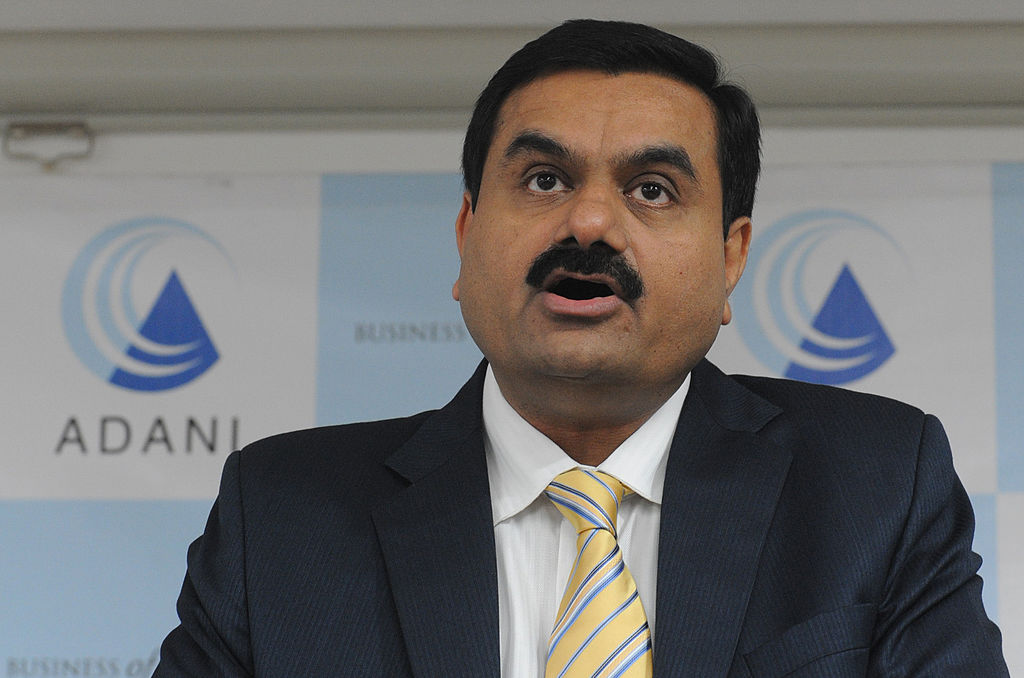- Thursday, February 27, 2025

By: Shubham Ghosh
INDIA’S Adani Group has made a partnership with France’s TotalEnergies to jointly develop the green hydrogen ecosystem with an investment worth $50 billion (£41 billion) over the next decade, the two companies announced in a joint statement.
The joint venture — Adani New Industries Ltd (ANIL) — will have TotalEnergies as a minority stakeholder with 25 per cent interest. ANIL eyes a green hydrogen production capacity of 1 million ton per annum before 2030.
Gautam Adani, the chairman of the Indian group, said the partnership is part of the company’s goal to become the “largest hydrogen player in the world”.
In our journey to be the world’s largest Green H2 player, the partnership with @TotalEnergies will fundamentally shape market demand. Our ability to produce the world’s least expensive electron will lead to us producing the world’s least expensive Green H2. pic.twitter.com/ZfwjVuxXJH
— Gautam Adani (@gautam_adani) June 14, 2022
“The partnership with TotalEnergies adds several dimensions that include R&D, market reach and an understanding of the end consumer. This fundamentally allows us to shape market demand. This is why I find the continued extension of our partnership to hold such great value,” he said in a statement.
“Our confidence in our ability to produce the world’s least expensive electron is what will drive our ability to produce the world’s least expensive green hydrogen. This partnership will open up a number of exciting downstream pathways,” the Indian tycoon added.
Patrick Pouyanné, chairman and CEO of TotalEnergies, said the partnership was a major milestone for the French company in implementing its renewable and low-carbon hydrogen strategy. He said it aims to not only decarbonise hydrogen used in its European refineries by 2030 but also to pioneer the mass production of green hydrogen as the market is likely to take off by the end of the 2020s.
“This future production capacity of 1 million ton per annum of green hydrogen will be a major step in increasing TotalEnergies’ share of new decarbonized molecules including biofuels, biogas, hydrogen, and e-fuels to 25% of its energy production and sales by 2050,” Pouyanné was quoted as saying by reports.
In February, India’s ministry of power notified the initial part of the National Hydrogen Mission policy on green hydrogen and green ammonia. The second part of the policy is still under consideration by the Narendra Modi government even as several private sector companies and even state run companies have already revealed their commitments towards green hydrogen production.